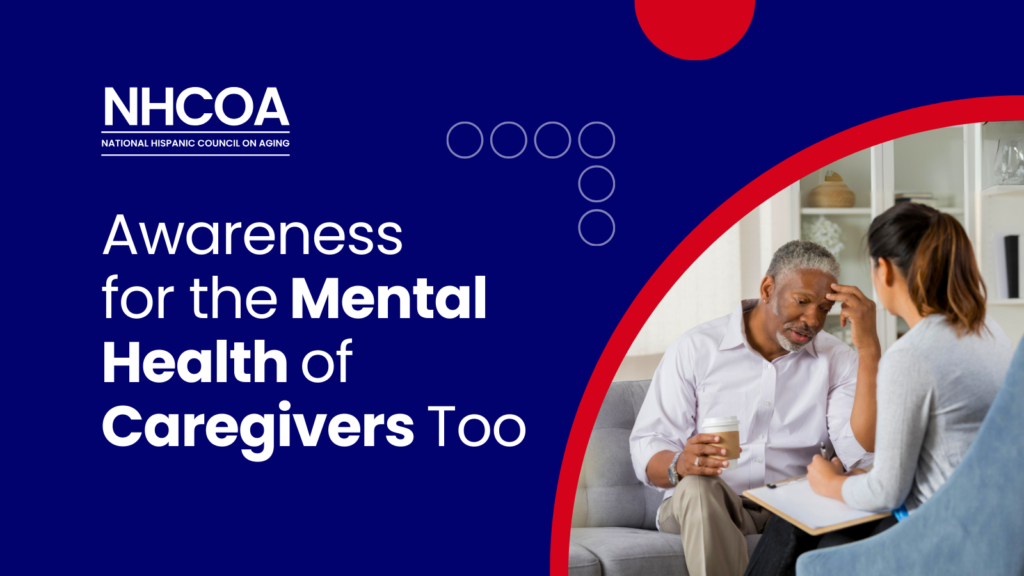
Those working within the field of Aging know full well the integral role that caregivers take on. Whether they are employed to do so, or if they are simply a family member who stepped up to support their loved ones, there is a significant and important service being made to those in need. And knowing that their work is the backbone of another person’s ability to live and age in comfort, there is an evident toll placed on caregivers that may often go overlooked.
Among mental health experts, the role of caregiver presents an obvious emotional strain, especially for those who are also family members, for whom there is an added layer of familiarity and complexity. Those who require caregiving are usually struggling with chronic illnesses that present varying levels of disability, making their conditions persistent and allowing for new challenges to present themselves over the course of the illness. For the caregiver, this means a need for ongoing vigilance that far outpaces any expectation of routine management. It can feel like a caregiver is constantly playing catch-up, leaving little time for rest or reflection as they are constantly adapting.
A 2020 report found that depending on an individual’s definition of caregiving, as much as 18% of the US adult population could be taking on this role for their loved ones. In plainer terms, that accounts for as many as 43 million Americans who are providing unpaid care for another. Consider this vast number of people who are experiencing heavy levels of responsibility, often while handling another means of employment.
For those of us with caregivers in our lives, it is our duty to hold their strain in mind, and offer our sympathies and aid. For those who find themselves taking on the role of caregiver, consider what you can do to care for your own mental health, both for your sake, and for the sake of your family or clients.
Tips:
1. Communicate your needs and feelings, so that your family or clients are encouraged and reminded to empathize with your role.
2. Don’t neglect your own physical health, and be sure to communicate with health care providers about what you’re experiencing.
3. Make time for a hobby, or creative outlet.
4. Manage your time effectively to ensure you get enough sleep.
5. Join a Support Group
There are also helpful organizations out there, working to improve the lives and vocations of caregivers:
⦿ ACL’s National Family Caregiver Support Program
Sources:
– Schulz R, Beach SR, Czaja SJ, Martire LM, Monin JK. Family Caregiving for Older Adults. Annu Rev Psychol. 2020 Jan 4;71:635-659. doi: 10.1146/annurev-psych-010419-050754. PMID: 31905111; PMCID: PMC7291827. https://ncbi.nlm.nih.gov/pmc/articles/PMC7291827/
– “Caring for Yourself When Caring for Another,” Alzheimer’s Disease and Healthy Aging. The Centers for Disease Control and Prevention. https://www.cdc.gov/aging/publications/features/caring-for-yourself.html
– “Working Caregivers Finding Balance,” Administration for Community Living. https://acl.gov/sites/default/files/news%202017-03/Working_Caregivers_Finding_a_Balance_1.pdf
– “Take Care of Yourself as a Caregiver,” Caregiving. National Institute on Aging. https://www.nia.nih.gov/health/caregiving/take-care-yourself-caregiver

Recent Comments